The origin and search for life in the universe are two of the great questions that science still has no answer to. Human curiosity knows no bounds and always asks the question: Is there life on other planets? How did life arise on Earth?
In a conversation with RTP, astrobiologist Zeta Martins explained that talking about the origin of life is not just about responding to our human and scientific curiosity.
For Zeta Martins, when we study, be it the field of science or otherwise, we respond first and foremost to real problems that exist in our society.
“This is what science intends to answer, but at the same time, all the discoveries that we have, especially in these areas of planetary science. We make products that stem from these discoveries and these products, the things we use in our daily lives.” 🇧🇷 The most important thing is that science exists to improve the quality of life for all human beings.🇧🇷
Better where life is an essential part, explains astrobiologist Zita Martins, and what better time than Christmas to talk about life and its origin.
“At Christmas we celebrate the birth, and so it makes perfect sense to understand what our origins are, what the cradles of the stars are, and it is a perfect fit. It would be a pleasure to give this Christmas conference in Ciência Viva and talk a little bit about what I do in the field of astrobiology. It is a conference For all people and for families in an accessible language.
But what is its origin? How was life born on the planet we live in? Does life only exist here on Earth?
Science has already proven that the universe is a kind of cosmic kitchen and that life can manifest itself in many different ways, even when we can’t imagine it. This is why science keeps all possibilities open and astrobiologist Zeta Martins confirms this to RTP.
The origin of life here on Earth. The scientific community points this out. In order to obtain or originate life, we need several components. Kind of like the recipe. We need water, we need chemicals, and we need an energy source. We know here on Earth life originated.”
Can we then say that there is life elsewhere in the universe? Science believes in this and does not even rule out its existence within our solar system.
Zita Martins says so There are many places in our planetary group and even beyond that could support life. If we only look inside our solar system, we know that there is potential for life to evolve, that is, on some of the icy moons of Jupiter and Saturn, although these planets are very far from the sun, far beyond what is designated as the “habitable zone”. “.
And because it was Christmas, RTP took the opportunity to ask if the “famous” star of Natal had, in some way, contributed to life on Earth. Zita Martinez replies:
“It’s not a Christmas star. Clearly! There’s even a lot of discussion about it. If it’s really a star, if it’s a comet. There’s a lot of historical discussion about it, and scientific works about it. It’s clearly Christmas time. We talk about all This symbolism and the importance of this symbolism, but on the question of the origin of life, we obviously don’t mention the Christmas star. We have other things to worry about and focus on.”
Ciência Viva’s Christmas Conference
Journey through space and time with the help of asteroids, meteorites, comets and lots of cosmic dust, to find out how it all began.
The Ciência Viva Christmas Conference is organized in partnership with renowned national and foreign scientific institutions. It is inspired by the Royal Institution’s Christmas Lectures in London, created by Michael Faraday in 1825, and represents Ciência Viva’s Christmas gift to the city. It is intended for audiences of all ages.
Astrobiologist Zita Martins is also Associate Professor at Instituto Superior Técnico (IST), Co-Director of the MIT-Portugal Program, and Advisor to the Civic House of His Excellency the President of the Republic in the areas of higher education, science, and innovation. and digital transition.

“Wannabe internet buff. Future teen idol. Hardcore zombie guru. Gamer. Avid creator. Entrepreneur. Bacon ninja.”

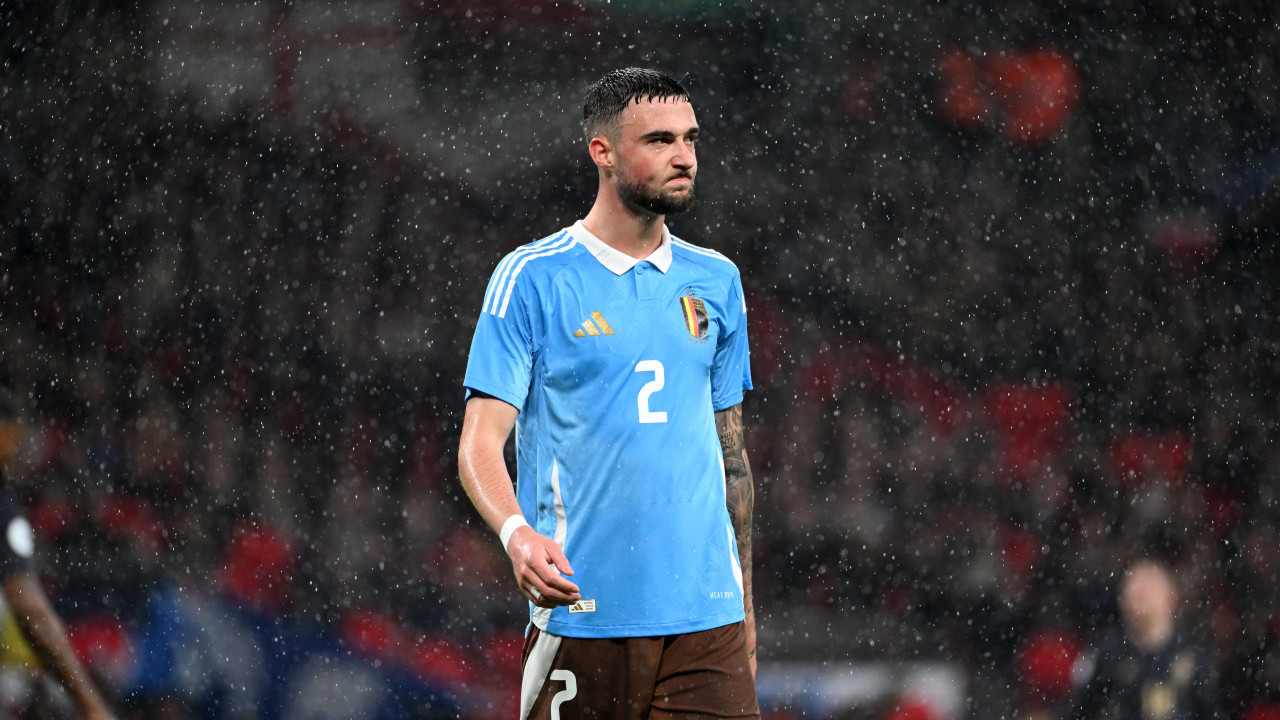


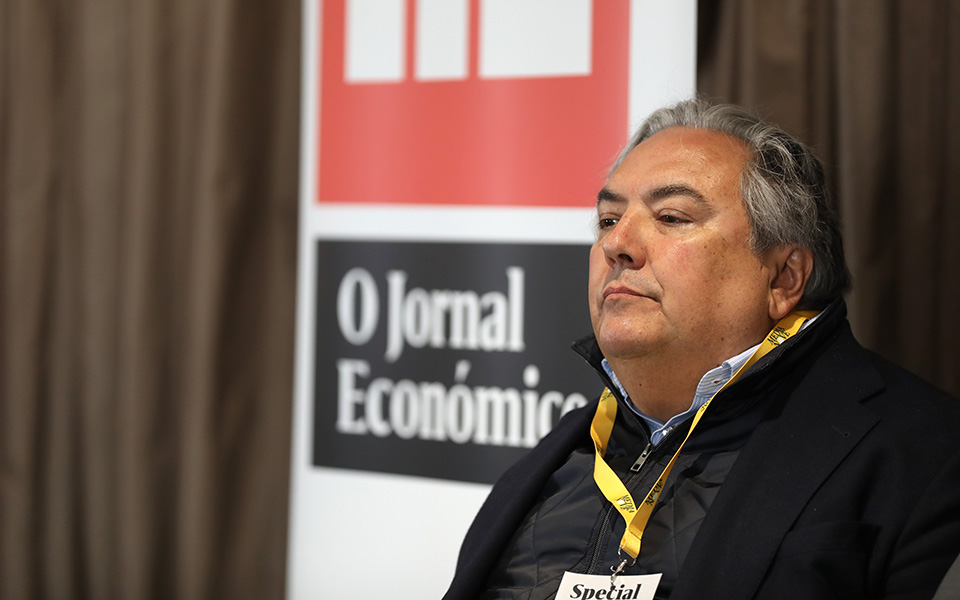
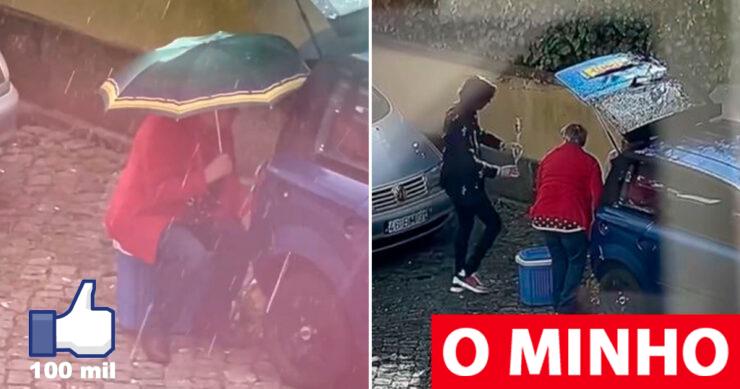
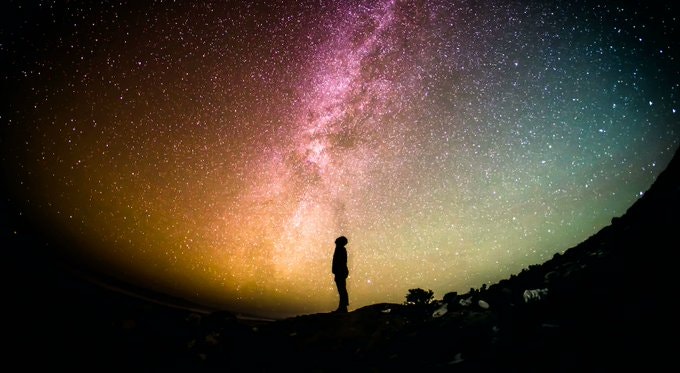
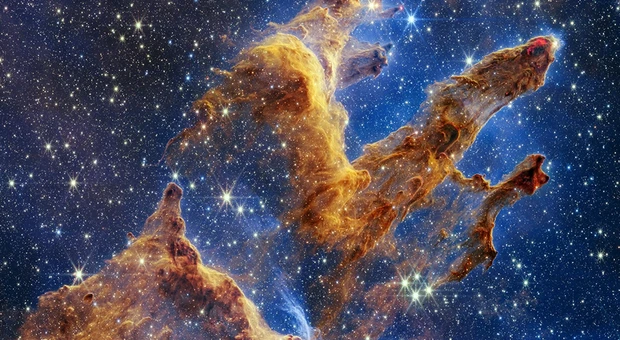
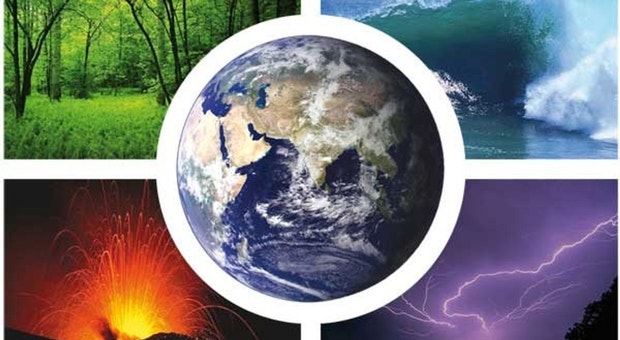
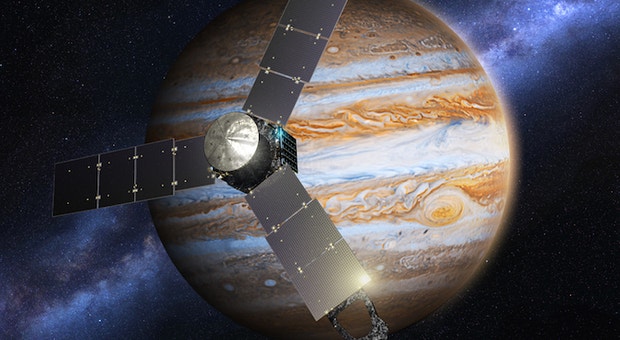
More Stories
What are those “spiders” from Mars we talk about so much? See what science says
4 natural ingredients to eliminate dark circles and puffiness around the eyes
Southern states identify 58 proposals for promoting and popularizing science